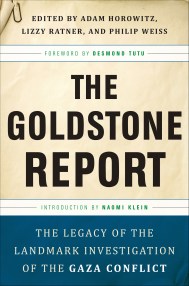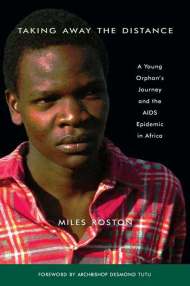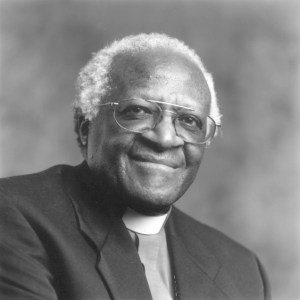Promotion
Use code CYBER2024 for 30% off sitewide + free shipping over $30
By clicking ‘Sign Up,’ I acknowledge that I have read and agree to Hachette Book Group’s Privacy Policy and Terms of Use
By the Author

The Bang-Bang Club, movie tie-in

The Goldstone Report

Taking Away the Distance





